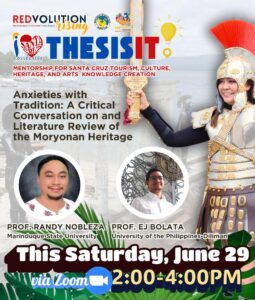
RT Nobleza x EJ Bolata

RT Nobleza x EJ Bolata
June 7 phil journalism research conference
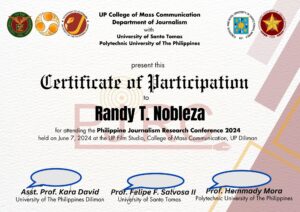
June 10 ipophil copyright registration
June 11 marsu rebranding
June 13 marsu press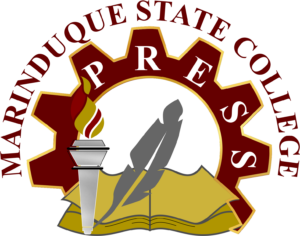
June 15 the indie pub collab no. 5
Critical island studies 4 acceptance
June 18-19 huntahan x dlsu arts congress
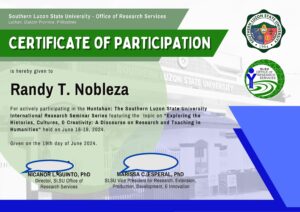
June 21 kamayan para sa kalikasan
June 22 thesis it sesh 1
June 26 marinduque toponyms

Mmaap webinar
June 29 thesis it sesh 2




Island regimes and governance in Marinduque island, Philippines
Dr. jellian Ricafrente, Sir Ken Palatino, Sir Wilmer Imperio, Dr. Randy Nobleza, Dr Gerald Gutierrez
The intention of the panel is to pursue a provisional Marinduque political history utilizing the existing timelines, geographic location and life stories of the local chief executives in the island as proposed by the late Dr. Homer Montejo. The province had been a part of Batangas, then Tayabas and for a time annexed to Mindoro. The panel members would be discussing the island regimes and governance based on the local chief executives’ demographic profiles: both personal and professional, their significant achievements, likewise the challenges they encountered, even the perceptions of constituents and the resulting biographical notes. Since Marinduque is from three old towns, Boac, Gasan and Santa Cruz. The first established visitas, Monserrat de Marinduque (Boac), San Juan De Marinduque (Santa Cruz) and San Bernardo De Marinduque (Gasan). Eventually, Mogpog separated from Boac with its own civil government and parish which started the tradition of Moryonan. Then, Torrijos became a separate town from Santa Cruz. And Buenavista, the youngest of all the towns in the island is from the town of Gasan. Sir Wilmer would focus on the town of Santa Cruz, as the campus director of the Marinduque State College Santa Cruz branch which was formerly Marinduque Community College. Then Sir Ken Palatino would zero in Torrijos with the recent publication of Reijohn Mediones’ Ang Torrijos – Noon, Kahapon, Ngayon (Torrijos Town – Remote, Recent Past, Today). Dr. Randy Nobleza dwells on Mogpog while Dr. Gerald Gutierrez deals with Boac, the capital town. Finally, the lead researcher takes on both Gasan and Buenavista.

Keywords: Marinduque Studies, Local History, Political Science, Island Heritage, Governance
May 2024 accomplishment
May 1 MMAAP and DICT mtg
May 3 ISBN,ISMN and ISSN orientation
May 6-10 impact assessment training

May 11 the indie pub collab no. 4
May 20 Tubong webinar
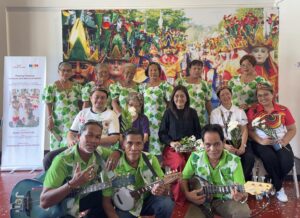
May 21 BCAEd thesis defense
May 23 RDC Special Committee on Culture

May 25 Cha time no. 29 webinar
May 27 BA ELS proposal
May 29 BAC proposal
May 31 National Filipiniana Index launch
| agenda brief | |
| title | moryonan, tubong, kalutang triennale, ICH trifecta marinduque |
| proponent (agency/ office) | ncca, unacom, lgu, pgm, msc, hearts council of Marinduque for culture and arts |
| action desired | for support, discussion or endorsement |
| background | since 2016, in reference to intangible cultural heritage, Marinduque have at least five entries. According to Jess Peralta’s Pinagmulan: enumerations from the Philippine inventory of intangible heritage, these are as follows: Moriones festival and morion head mask along with putong/ putungan, antipo and pupuwa ritual. |
| issue and main consideration | moryonan become part of unesco ICH registry or representative list. Tubong revitalization of other versions In the community such as Tubong sa pasyon, banahaw, jerarchias, kasamahan, habanera and kalagyo. Kalutang master, tirso serdeña be nominated again for Gawad manlilikha ng bayan.
formation of civil society organization to complement the existing respective local culture and arts councils and integration of creative councils in consonance with the Philippine Creative Industries Development Act.
programming of activities every quarter apart from the peak season in Marinduque during Holy Week in Marinduque, such national arts month every February, literature/ food month every April, heritage month every May, history, language every august, creative industries month every September, museums and galleries, libraries and information services month every October, children’s, reading and literacy month every November
publication of key books about Marinduque’s ICH such as moryonan, tubongan and kalutang |
| attachments/ annexes/ sources of data | · Philippine guide map from pinagmulan (2016)
· Chapter 7 beliefs, customs and traditions (3-15) · Moryon: Panata sa Likod ng Maskara (Danny Mandia forthcoming book) · Transmission and Transformation: Tubong rituwal as knowledge, practice, and heritage in Marinduque, Philippines (Bryan Viray forthcoming book) · Marinduque Cultural Heritage Reader (Collection of essays) |
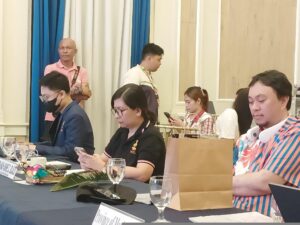
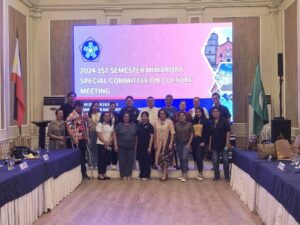
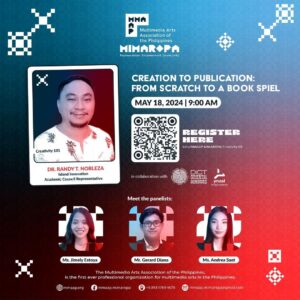
Creation to Publication from scratch to a book spiels
9:00-11am May 18, Saturday
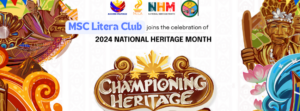
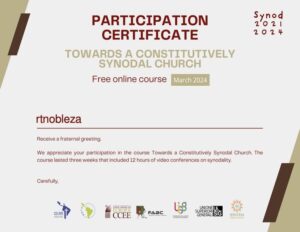
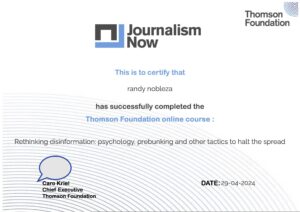
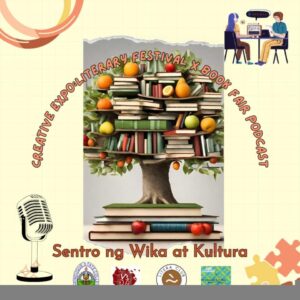
youtube music
https://www.youtube.com/watch?v=Esfc5ssCzIQ&t=300s
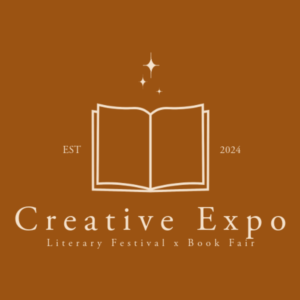
soundcloud
https://on.soundcloud.com/ZhtXx5RT1i4x72Sz7
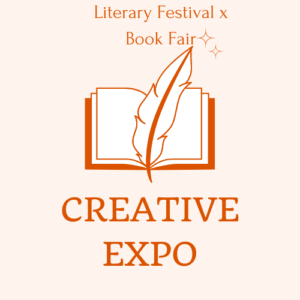
spotify for podcasters